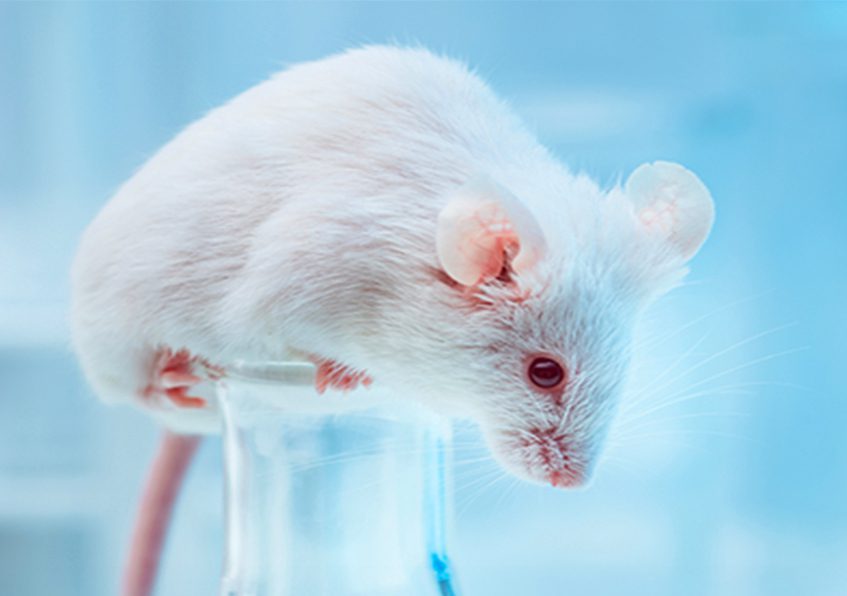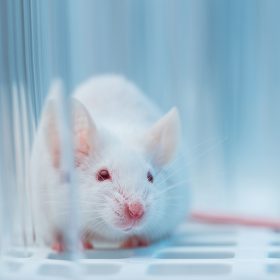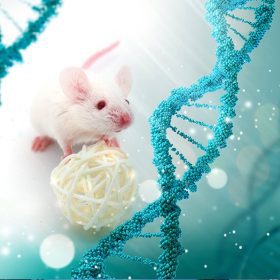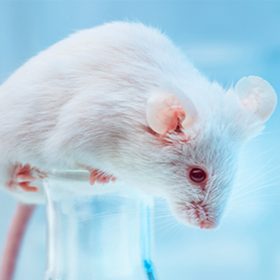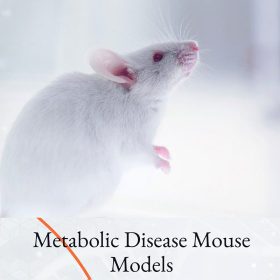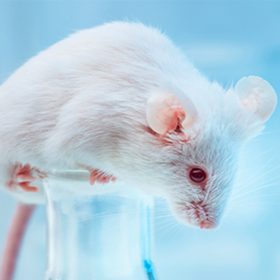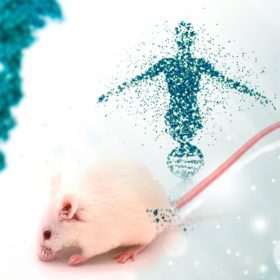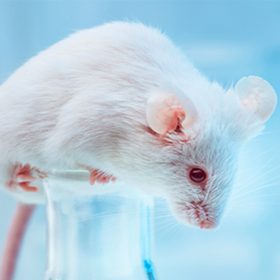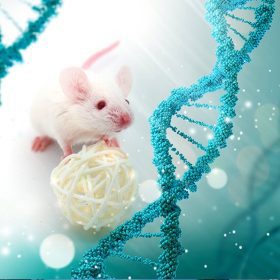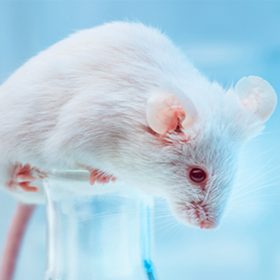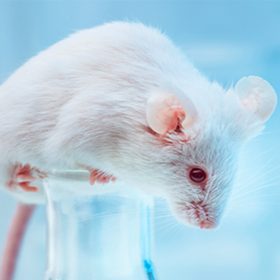Osteoperosis Mouse Models
Osteoperosis Mouse Models
Add to cart
Osteoporosis is a systemic skeletal disease characterized by decreased bone mass, bone microstructure damage, reduced bone density, and increased bone fragility, making patients more susceptible to fractures .
It can manifest with lumbodynia, dorsalgia, a shortened body length, hunchback, and fractures.
Typically, osteoporosis is categorized as primary, secondary, or idiopathic. Numerous factors, including inheritance, hormones, nutrition, age, lifestyle, and immunology affect its development.
As a member of the TNF superfamily, RANKL (TNFSF11) participates in immunoregulation and bone metabolism (formation/absorption), and is a crucial activator of osteoclast differentiation and maturation.
RANKL stimulates osteoclast development and accelerates bone resorption by competing with OPG for binding to RANK receptors. The overexpression of RANKL may result in the overactivation of osteoclasts and hence osteoporosis.
GemPharmatech constructed the B6-hRANKL transgenic mouse model which contains the entire human RANKL gene using the BAC transgenic technique. This model can spontaneously develop severe osteoporosis.
Compared to wild-type mice, B6-hRANKL mice with osteoporosis exhibit diminished trabeculae and poor trabecular connection. Denosumab, a therapy for osteoporosis in humans, reverses osteoporosis symptoms dramatically.
Characteristics
- This strain was generated using BAC transgenic technology and contains the complete human RANKL gene, including regulatory sequences;
- The overexpression of human RANKL causes osteoclast overactivation, thereby resulting in the pathological features of osteoporosis;
- This strain develops osteoporosis spontaneously;
- This model is suitable for screening therapeutics for human osteoporosis.
Applications
- Screening of therapeutics (e.g., anti-human RANKL neutralizing antibodies) for human osteoporosis;
- Study of the pathogenesis of osteoporosis;
- Bone metabolism research;
- Research in the role of the immune system in osteoporosis.
|
Strain No.
|
Strain Name | Strain Type | Description |
|---|---|---|---|
| T004163 | B6-hRANKL | Transgenic | With overexpression of human RANKL, osteoporosis manifestations include decreased bone trabeculae and poor trabecular connectivity. This model can be used to study hyperuricemia, uric acid nephropathy, and the efficacy of anti-osteoporosis drugs targeting RANKL. |

